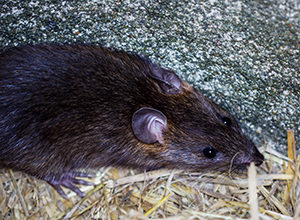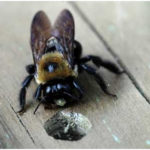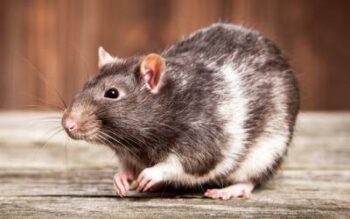 More than 43 percent of all mammals are rodents but we understand less than 10% about their behavior and ecology.
More than 43 percent of all mammals are rodents but we understand less than 10% about their behavior and ecology.
Rats tend to cost humans a lot. By some estimates, humans in the United States spend some $19 billion on the losses and damages — including the costs of stolen food and fires resulting from gnawed electrical wires — caused by rats each year. And then there’s disease. Rats feed on the waste generated by city life, but they also have a unique ability to harbor microorganisms, taking diseases with them as they scurry to and fro. That’s gross, but it wouldn’t be a problem if scientists knew a lot about how wild urban rats behave and which diseases they carry.
Big breakthroughs sometimes happen. In 2015, for example, a group of biologists collected 133 Norway rats (Rattus norvegicus, the most common form of urban rat) from all over New York, then tested them for viruses. Not only did the rats carry pathogens associated with gastrointestinal distress in humans, but they also carried a whopping 18 pathogens that had previously been completely unknown to science.
The Norway rat is clearly a public health pest. As the populations in cities increase, exposure to rats will become more frequent. Relying on toxic baits to reduce rat populations is only a temporary “stop-gap” measure. Longer-lasting pest mitigation efforts like improving environmental sanitation and making structures less accessible to rats is the key to effective rat management. The use of mechanical trapping devices in conjunction with other non-chemical tactics are effective when used by pest management professionals.
Researchers need to recognize the potential public health consequences of commensal rodents. More research is needed to delineate the medical and environmental threats these animals pose particularly in the inner city areas of our nation. The 2015 study demonstrated large “knowledge gaps” which need to be investigated further.
Mike Deutsch MS, BCE
Arrow Exterminating Company, Inc.




